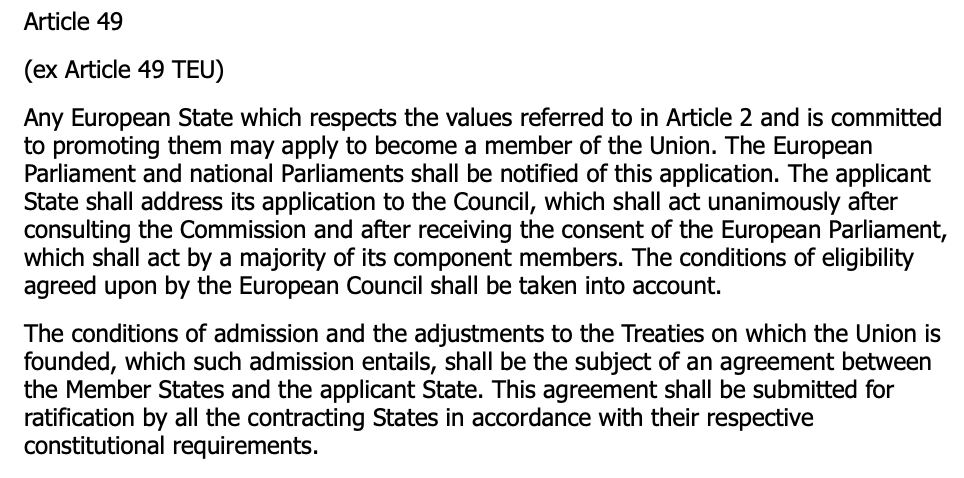
I have sent many students on exchange to all these countries, and to about 20 European countries covered by ErasmusPlus. A worthwhile experience for all but the idea of replacing #ErasmusPlus exchanges with Aus/NZ/Canada comes with problems: /1
https://twitter.com/thequentinletts/status/1337417696892383232
First, an 'exchange' is reciprocal. So you need approx same numbers of students coming in coming as you do in going out. NZ/Canada/Aus all smaller than UK: so for this to work, all those students interested in an exchange must want to come to the UK over anywhere else. /2
Likely? Not so much. Many will want to go to non-English speaking destinations, including in Europe and Asia. UK often seen as too 'obvious' a choice in my experience. So the UK is going to be limited in scope for partnerships. /3
Second, cannot expect a Uni in Australia/NZ to partner with more than 2-3 UK universities. So going to be very difficult for many UK institutions to even find willing partners elsewhere. Not the case for Erasmus with Unis across Europe (and many offering classes in English). /4
Third, the bureaucracy involved in setting up links beyond Erasmus is very heavy. I know - I've done it. All kinds of issues come up (insurance, curriculum, reciprocity etc) which simply do not exist for Erasmus because of the agreement on common standards via the Charter. /5
Fourthly, costs for the students can be enormous. Living costs, travel (to NZ especially) be can high and unless govts provide financial support, then it will be the preserve of the rich. Again, none of this applies for Erasmus. /6
Fifth, studying abroad always beneficial. But how can Europe be 'narrow'? There are still language, cultural and educational differences. Plus a stay in Europe is great preparation for going beyond afterwards (in my case, to get a scholarship to do my Master's in Japan). /7
The loss of Erasmus is only 'narrow' in the sense of the loss of opportunity for young people in the UK. And that is before we talk about the reduction in the UK's soft power... /8
As young Europeans are prevented from coming to the UK, and then either staying (thus contributing their skills and tax-paying to the UK) or returning as unofficial ambassadors for the UK and its higher education system, then it will be - surprise - the UK that loses out most. /9
Finally, studying abroad is of academic benefit. I've publicised my research on this before, but since #Erasmus is once again in the news, I am going to do so again. /END 'Does studying abroad help academic achievement?' srhe.tandfonline.com/doi/abs/10.108…
• • •
Missing some Tweet in this thread? You can try to
force a refresh



